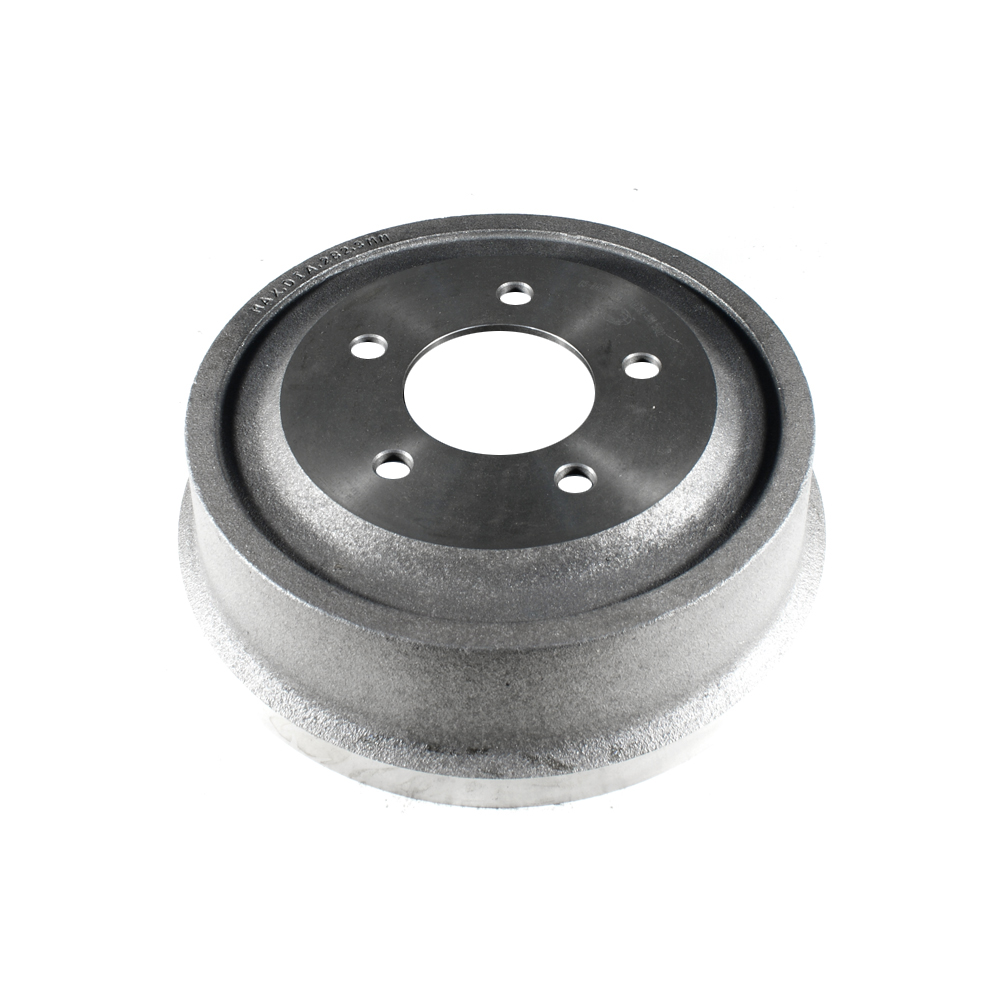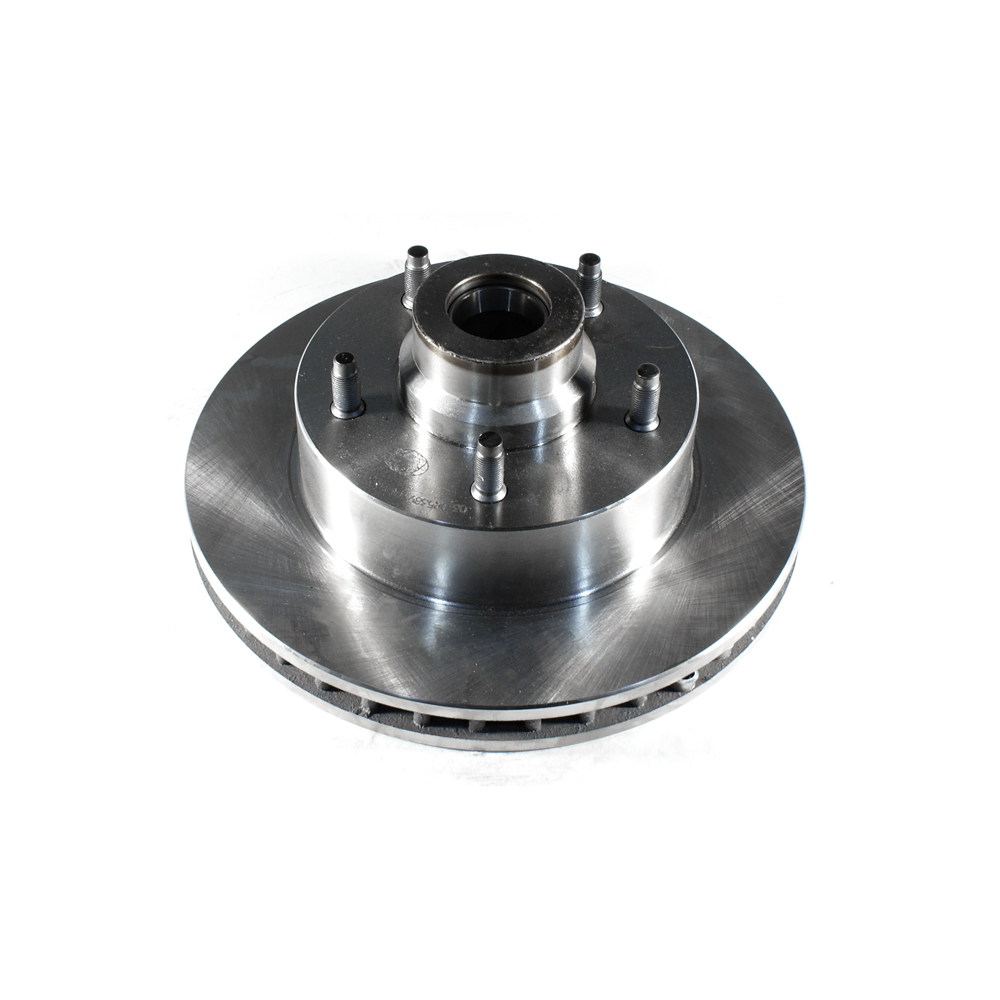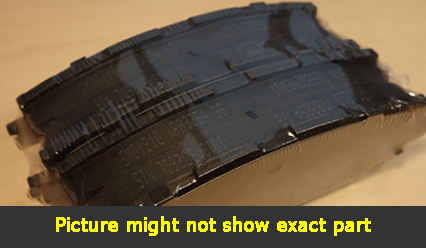2002 Dodge Ram 1500 Van Brake Rotors and Pads
Click here to search another vehicle
All Rotors:
OEM x
Coated x
Drilled, Slotted and Coated x
Front x
Rear x
All Pads:
Ceramic x
Semi-metallic x
Front x
Rear x
Found 4 record

Part No: BD80082
Raybestos: 9672
OE: 52009541
Raybestos: 9672
OE: 52009541
$73.21 each
Per Car QTY: 2

Part No: BR5389
Raybestos: 76787
OE: 52009414
Raybestos: 76787
OE: 52009414
$77.76 each
Per Car QTY: 2

Part No: PD966C
Raybestos: 966
OE:
Raybestos: 966
OE:
$41.35 each
Per Car QTY: 1

Part No: SMD758
Raybestos:
OE:
Raybestos:
OE:
$23 each
Per Car QTY: 1
When it comes to vehicle safety, one of the most crucial components is the braking system. In the case of a 2002 Dodge Ram 1500 Van, having properly functioning brakes ensures the safety of both the driver and passengers. Therefore, it is essential to understand the brake system and its maintenance requirements to keep your van operating at its best.
The brake system of a 2002 Dodge Ram 1500 Van consists of several key components that work together to bring the vehicle to a safe and controlled stop. These components include brake pads, rotors, calipers, brake lines, and a master cylinder.
The brake pads are a crucial part of the system as they provide the necessary friction to slow down or stop the van. Over time, they wear down due to constant use and will need to be replaced. It is recommended to check the brake pads regularly for signs of wear, such as thinning or squealing noises when applying the brakes. If the brake pads are worn, they should be replaced promptly to prevent further damage to the braking system.
Another important component is the brake rotors. These are metal discs that the brake pads press against to create the friction necessary for stopping the vehicle. Like the brake pads, the rotors can wear down over time. If you notice a pulsating feeling or vibration when applying the brakes, it may indicate that the rotors have become warped or uneven. In such cases, the rotors should be resurfaced or replaced to ensure maximum stopping power.
Calipers are responsible for pushing the brake pads onto the rotors. Over time, calipers can become worn or corroded, leading to decreased braking performance. If you notice leaks or reduced responsiveness in the braking system, you should have the calipers inspected and, if necessary, replaced.
Brake lines are the mechanisms that deliver brake fluid from the master cylinder to the calipers. Over time, they can become worn, corroded, or even develop leaks. Damaged brake lines can cause a loss of brake fluid pressure, resulting in decreased braking effectiveness. Regularly inspecting the brake lines for signs of damage, such as cracks or leaks, is essential. If any issues are detected, it is crucial to have the brake lines repaired or replaced by a professional.
Lastly, the master cylinder is the heart of the brake system. It generates the hydraulic pressure necessary to operate the brakes when the pedal is depressed. If you notice a spongy or soft brake pedal, it could indicate a problem with the master cylinder. This should be addressed immediately, as a malfunctioning master cylinder can compromise the overall performance of the brake system.
In conclusion, proper brake maintenance is crucial for the safety of your 2002 Dodge Ram 1500 Van. Regular inspections of the brake pads, rotors, calipers, brake lines, and master cylinder are vital to ensure their optimal performance. Any signs of wear or damage should be addressed promptly by a qualified technician. By maintaining these components, you can have the confidence that your van's braking system will perform reliably and keep you safe on the road.
The brake system of a 2002 Dodge Ram 1500 Van consists of several key components that work together to bring the vehicle to a safe and controlled stop. These components include brake pads, rotors, calipers, brake lines, and a master cylinder.
The brake pads are a crucial part of the system as they provide the necessary friction to slow down or stop the van. Over time, they wear down due to constant use and will need to be replaced. It is recommended to check the brake pads regularly for signs of wear, such as thinning or squealing noises when applying the brakes. If the brake pads are worn, they should be replaced promptly to prevent further damage to the braking system.
Another important component is the brake rotors. These are metal discs that the brake pads press against to create the friction necessary for stopping the vehicle. Like the brake pads, the rotors can wear down over time. If you notice a pulsating feeling or vibration when applying the brakes, it may indicate that the rotors have become warped or uneven. In such cases, the rotors should be resurfaced or replaced to ensure maximum stopping power.
Calipers are responsible for pushing the brake pads onto the rotors. Over time, calipers can become worn or corroded, leading to decreased braking performance. If you notice leaks or reduced responsiveness in the braking system, you should have the calipers inspected and, if necessary, replaced.
Brake lines are the mechanisms that deliver brake fluid from the master cylinder to the calipers. Over time, they can become worn, corroded, or even develop leaks. Damaged brake lines can cause a loss of brake fluid pressure, resulting in decreased braking effectiveness. Regularly inspecting the brake lines for signs of damage, such as cracks or leaks, is essential. If any issues are detected, it is crucial to have the brake lines repaired or replaced by a professional.
Lastly, the master cylinder is the heart of the brake system. It generates the hydraulic pressure necessary to operate the brakes when the pedal is depressed. If you notice a spongy or soft brake pedal, it could indicate a problem with the master cylinder. This should be addressed immediately, as a malfunctioning master cylinder can compromise the overall performance of the brake system.
In conclusion, proper brake maintenance is crucial for the safety of your 2002 Dodge Ram 1500 Van. Regular inspections of the brake pads, rotors, calipers, brake lines, and master cylinder are vital to ensure their optimal performance. Any signs of wear or damage should be addressed promptly by a qualified technician. By maintaining these components, you can have the confidence that your van's braking system will perform reliably and keep you safe on the road.


